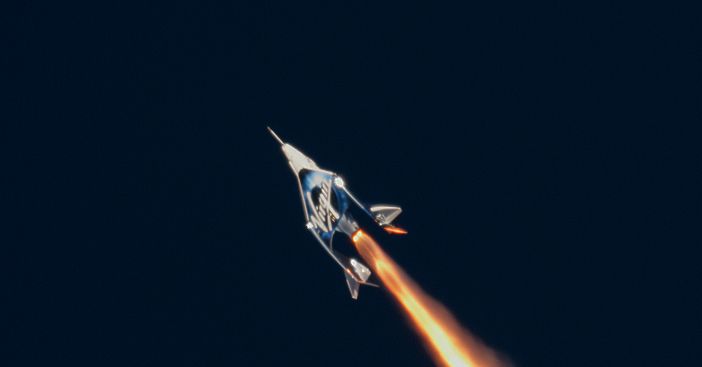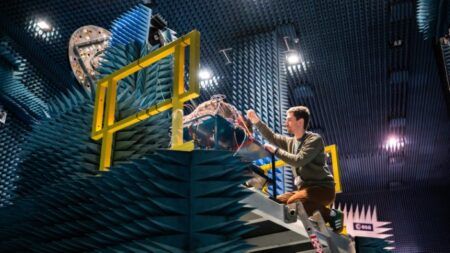The FAA has extended Virgin Galactic’s commercial space transportation operator’s license to cover passenger spaceflights.
The company has held a license since 2016 and the extension follows its successful test flight in May.
Virgin Galactic engineers have also completed a review of the data gathered from the May test flight to confirm that the flight performed well against all flight objectives and that more flights will be run this Summer as planned.
Michael Colglazier, CEO of Virgin Galactic said, “We’re incredibly pleased with the results of our most recent test flight, which achieved our stated flight test objectives. The flight performed flawlessly, and the results demonstrate the safety and elegance of our flight system.
“Today’s approval by the FAA of our full commercial launch license, in conjunction with the success of our May 22 test flight, give us confidence as we proceed toward our first fully crewed test flight this summer.”
The May test flight of VMS Eve and VSS Unity was the third crewed spaceflight and Virgin Galactic’s first-ever spaceflight from Spaceport America, New Mexico. The flight achieved a speed of Mach 3 and reached space at an altitude of 55.5 miles (90km).
The data review from the test flight has confirmed that the spaceship’s upgraded horizontal stabilizers and flight controls work in line with predictions and can be deployed in future spaceships.The cabin environment data was also found to be in line with predictions.
In addition, the flight successfully carried three experiments that tested and demonstrated technologies in microgravity as part of NASA’s Flight Opportunities Program. The pilots flew VSS Unity on a specific trajectory designed to meet the objectives of these research experiments.
The company said that there are three test flights remaining before it starts commercial passenger operations.





